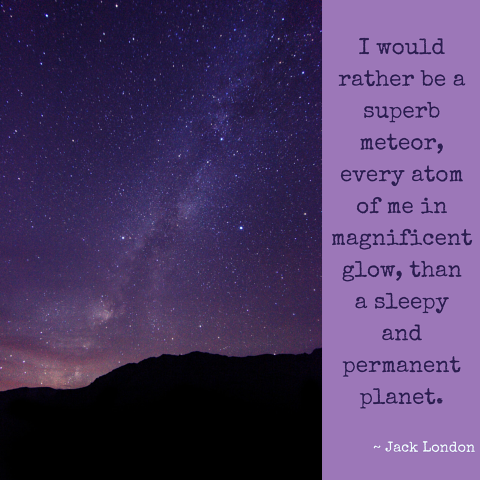In Monday’s post, I talked about the pros and cons of an MFA in Creative Writing, from my point of view. As I mentioned, I received my MFA from Lesley University in 2008, and one of the best things I got out of the program was the reading lists my faculty mentors and I generated for three semesters (we didn’t have a reading list during our final semester, which was our thesis semester).
Writers are always told to read, read, read — and read widely, at that. This is great, smart advice, but there are a lot of books out there from which to choose. So I found it really helpful to have reading lists that my teachers and I developed together based on what I wanted to write.
I need to back up for second: I was accepted into the fiction and nonfiction tracks at Lesley, but I had to choose one or the other when I started the program. I chose nonfiction, for a variety of reasons that I’ll address in Friday’s post. But I ended up graduating with a multi-genre thesis (fiction and nonfiction) since I also worked on fiction in semesters two, three, and four. That’s the reason why the books on my reading lists are primarily nonfiction. In some cases, and for various reasons, my mentors and I made changes mid semester, so I didn’t read every single book on our lists (writing this post reminded me of this fact, which is great –more stuff to add to my Nook library).
My favorite list is from my first semester, where I worked under the very talented Elaine Mar. It’s below.
1. A Moveable Feast by Ernest Hemingway (pictured to the left). Every writer should read this book, regardless of what you think of Hemingway’s fiction (I feel the same way about King’s On Writing).
2. A Cab by the Door by V. S. Pritchett. Good nonfiction. I picked up some of Pritchett’s short stories, which I REALLY liked.
3. Slouching Toward Bethlehem by Joan Didion. Didion is one of those names all “serious” writers of nonfiction are supposed to read, and for good reason. The woman is great (interestingly, I haven’t read her fiction, which is supposed to be equally as good).
4. The Year of Magical Thinking by Joan Didion. Loved the book, which won the National Book Award in nonfiction. Also loved the one-woman play based on the book, which I saw at The Lyric Stage in Boston.
5. Alice, Let’s Eat by Calvin Trillin – I can’t remember why, but mid-way through the semester, we decided to put the Trillin titles on hold. I need to get back to these.
6. Travels with Alice by Calvin Trillin. Ditto.
7. The Gay Talese Reader: Portraits and Encounters – Talese is a master. I didn’t read all the portraits, however.
8. A Writer’s Life by Gay Talese. We axed this one; still on my to-read list.
9. The Bullfighter Checks her Makeup: My Encounters with Extraordinary People by Susan Orlean. She’s one of my favorite writers.
10. Partly Cloudy Patriot by Sarah Vowell. She’s one of those writers more people should know about (she is well known, especially to the NPR and Jon Stewart crowd, but I think she deserves to be a household name).
11. Barrel Fever by David Sedaris. A combination of fiction and nonfiction, when, apparently, Sedaris was trying to figure out what he wanted to write. Insanely great book.
12. Naked by David Sedaris. Ditto. LOVE him (both reading and seeing him live, which I was able to do this past April at Symphony Hall in Boston).
13. Boys of My Youth by Jo Ann Beard. Her essay, “The Fourth State of Matter,” which I had read a couple of years before, was THE reason I wanted to write nonfiction. The book includes that piece as well as many other brilliant essays, but you can read “The Fourth State of Matter” in the link above for free.
14. Running with Scissors by Augusten Burroughs. Lived up to the hype, at least for me.
15. This Boy’s Life by Tobias Wolff. Classic grad school fare – you can’t call yourself a “serious” nonfiction writer (or so they say) unless you read his classic along with his brother’s book below. I actually agree that nonfiction writers should check ’em out, not only because they’re interesting reads, but also because it goes to show how one’s perception of events shapes reality.
16. Duke of Deception by Gregory Wolff. See my comment above.



